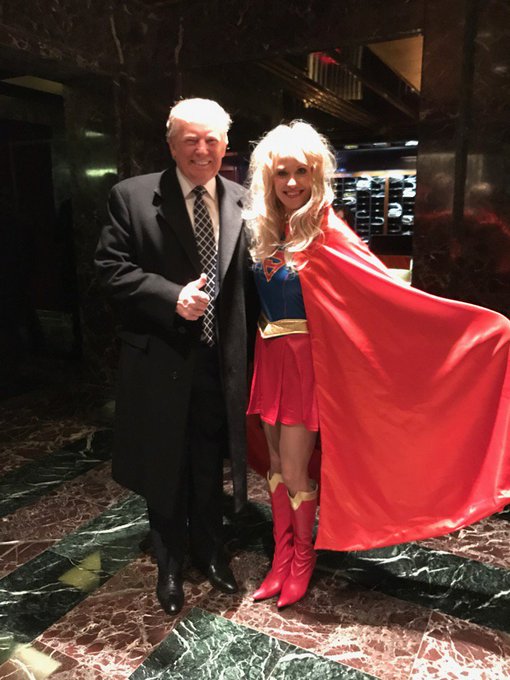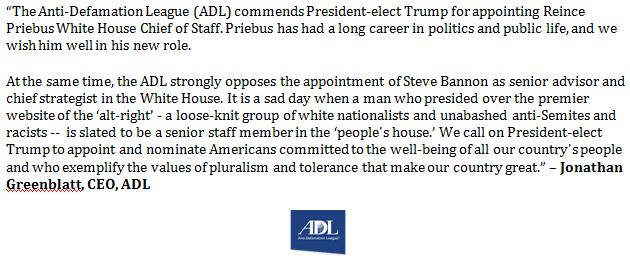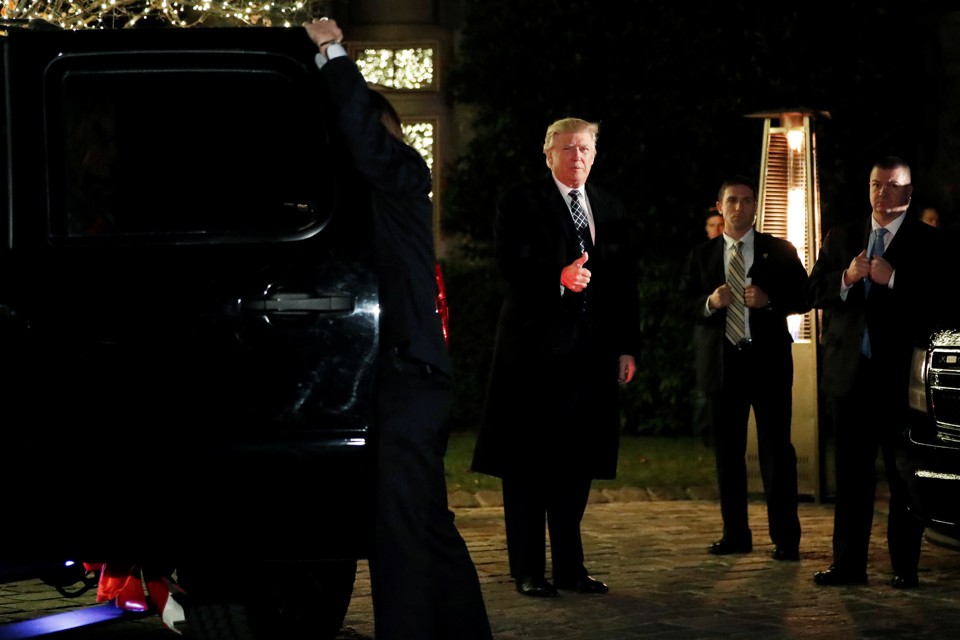
Your right to defend your life and the lives of your loved ones when faced with a deadly threat is not bestowed on you by government. Indeed, self-defense is the most fundamental of all human rights, and it's the duty of our elected officials to preserve it.
What most citizens may not know is that we have the right if we know that we are in danger of being harmed or our life or liberty is in jeopardy or peril we have the natural human right defend our selves and family even if it means terminating the life of the individual(s) who pose the threat. It does not matter if the threat is at the hands of a civilian or police who are trying to make an unlawful arrest and/or using excessive and unlawful force. This is backed up by the government and the law of the land.
There are cases, appeals and decisions rendered by the courts which are very clear on self-defense in instances where the citizen defended themselves against officers of the law (i.e. police, marshals, sheriffs, etc...).
Plummer v. State, 135 Ind. 308, 34 N.E. 968 (1893)
Casselman v. State, 472 N.E.2d 1310 (Ind.App.1985)
Shane Allen WILSON, Appellant-Defendant, v. STATE of Indiana, Appellee-Plaintiff. ~ We reverse and remand. - The following issue is dispositive:
Whether the trial court committed reversible error when it declined to give a proposed instruction that informed the jury about a defendant's right to protect himself when arresting officers use excessive force.
John Bad Elk v. United States, 177 U.S. 529 (1900) ~ case in which the United States Supreme Court held that an individual had the right to use force to resist an unlawful arrest and was entitled to a jury instruction to that effect.
| Bad Elk v. United States | |
|---|---|

| |
| Argued February 26, 1900 Decided April 30, 1900 | |
| Full case name | John Bad Elk v. United States |
| Citations | 177 U.S. 529 (more)
20 S.Ct. 729; 44 L.Ed. 874
|
| Prior history | United States v. Bad Elk (C.C.D.S.D. 1899) (unreported) |
| Holding | |
| Held that an individual had the right to use force to resist an unlawful arrest and was entitled to a jury instruction to that effect. | |
| Court membership | |
| Case opinions | |
| Majority | Peckham, joined by unanimous |
| Laws applied | |
| Common law: Self-defense | |
Superseded by
| |
| Statute | |
Phelps V. Indianapolis Police Department ~
ALSPACH v. STATE - Christopher ALSPACH, Appellant-Defendant, v. STATE of Indiana, Appellee-Plaintiff.~
Self preservation, a natural law, is tied in with the survival of family and ultimately survival of species. Because we are born as individuals the drive to survive is instilled in each person. It then extends to the collective based on what the threat to survival is (i.e. if it will affect the one, the few, the many, or the entire collective) that comes our way. Nothing can take this right away!
Common law history
The English common law has long recognized the right of an individual to resist with reasonable force an attempt of a police officer to make an unlawful arrest.[1] This offered a complete defense if nonlethal force was used,[2] and would reduce a murder charge to manslaughter if a death ensued.[3] In Hopkin Huggett's case,[4] English officials illegally seized a man to serve in the King's army.[5] Huggett and others observed this and fought to free the man.[6] In the course of the fight one of the King's men, John Barry, was killed and Huggett was put on trial for murder.[6] The English court ruled that since the officer was making an unlawful arrest, the most that could be charged was manslaughter.[7] In 1709, in Queen v. Tooley,[8] the English court again found that when resisting an unlawful arrest, the death of an individual would result in a manslaughter charge instead of a murder charge.[9] When the United States separated from England, the common law was adopted by the new American courts and the right to resist unlawful arrest was clearly recognized.Self-defence is part of private defence {Self-defense (self-defence in many varieties of English) is a countermeasure that involves defending the health and well-being of oneself from harm.[1] The use of the right of self-defense as a legal justification for the use of force in times of danger is available in many jurisdictions, but the interpretation varies widely}, the doctrine in English law that one can act in ways that would otherwise be illegal to prevent injury to oneself or others, or to prevent crime more generally [1]– one has the same right to act to protect others as to protect oneself. This defence arises both from common law and the Criminal Law Act 1967. Self-defence in English law is using reasonable force against an unjust threat. Self-defence is a justification rather than an excuse (Robinson's classification of defences), that is, the defence is asserting that the actions were not a crime at all.
Carrying over the old English Law or Common Law when it comes to Self-defense lays the ground work. The foundation, however is firmly planted within the United States Constitution.
United States Constitution
Article [II] (Amendment 2 - Bearing Arms)
A well regulated Militia, being necessary to the security of a free State, the right of the people to keep and bear Arms, shall not be infringed.
United States Constitution
Article [IV] (Amendment 4 - Search and Seizure)
The right of the people to be secure in their persons, houses, papers, and effects, against unreasonable searches and seizures, shall not be violated, and no Warrants shall issue, but upon probable cause, supported by Oath or affirmation, and particularly describing the place to be searched, and the persons or things to be seized.
Your Right of Defense Against Unlawful Arrest
“Citizens may resist unlawful arrest to the point of taking an arresting officer's life if necessary.” Plummer v. State, 136 Ind. 306. This premise was upheld by the Supreme Court of the United States in the case: John Bad Elk v. U.S., 177 U.S. 529. The Court stated: “Where the officer is killed in the course of the disorder which naturally accompanies an attempted arrest that is resisted, the law looks with very different eyes upon the transaction, when the officer had the right to make the arrest, from what it does if the officer had no right. What may be murder in the first case might be nothing more than manslaughter in the other, or the facts might show that no offense had been committed.”
“An arrest made with a defective warrant, or one issued without affidavit, or one that fails to allege a crime is within jurisdiction, and one who is being arrested, may resist arrest and break away. lf the arresting officer is killed by one who is so resisting, the killing will be no more than an involuntary manslaughter.” Housh v. People, 75 111. 491; reaffirmed and quoted in State v. Leach, 7 Conn. 452; State v. Gleason, 32 Kan. 245; Ballard v. State, 43 Ohio 349; State v Rousseau, 241 P. 2d 447; State v. Spaulding, 34 Minn. 3621.
“When a person, being without fault, is in a place where he has a right to be, is violently assaulted, he may, without retreating, repel by force, and if, in the reasonable exercise of his right of self defense, his assailant is killed, he is justified.” Runyan v. State, 57 Ind. 80; Miller v. State, 74 Ind. 1.
“These principles apply as well to an officer attempting to make an arrest, who abuses his authority and transcends the bounds thereof by the use of unnecessary force and violence, as they do to a private individual who unlawfully uses such force and violence.” Jones v. State, 26 Tex. App. I; Beaverts v. State, 4 Tex. App. 1 75; Skidmore v. State, 43 Tex. 93, 903.
“An illegal arrest is an assault and battery. The person so attempted to be restrained of his liberty has the same right to use force in defending himself as he would in repelling any other assault and battery.” (State v. Robinson, 145 ME. 77, 72 ATL. 260).
“Each person has the right to resist an unlawful arrest. In such a case, the person attempting the arrest stands in the position of a wrongdoer and may be resisted by the use of force, as in self- defense.” (State v. Mobley, 240 N.C. 476, 83 S.E. 2d 100).
“One may come to the aid of another being unlawfully arrested, just as he may where one is being assaulted, molested, raped or kidnapped. Thus it is not an offense to liberate one from the unlawful custody of an officer, even though he may have submitted to such custody, without resistance.” (Adams v. State, 121 Ga. 16, 48 S.E. 910).
“Story affirmed the right of self-defense by persons held illegally. In his own writings, he had admitted that ‘a situation could arise in which the checks-and-balances principle ceased to work and the various branches of government concurred in a gross usurpation.’ There would be no usual remedy by changing the law or passing an amendment to the Constitution, should the oppressed party be a minority. Story concluded, ‘If there be any remedy at all ... it is a remedy never provided for by human institutions.’ That was the ‘ultimate right of all human beings in extreme cases to resist oppression, and to apply force against ruinous injustice.’” (From Mutiny on the Amistad by Howard Jones, Oxford University Press, 1987, an account of the reading of the decision in the case by Justice Joseph Story of the Supreme Court.
As for grounds for arrest: “The carrying of arms in a quiet, peaceable, and orderly manner, concealed on or about the person, is not a breach of the peace. Nor does such an act of itself, lead to a breach of the peace.” (Wharton’s Criminal and Civil Procedure, 12th Ed., Vol.2: Judy v. Lashley, 5 W. Va. 628, 41 S.E. 197).
You are also within your rights not to answer any questions without a lawyer present, and if possible, to demand a video recording be made of the entire encounter that you or your lawyer keep as evidence, so that federal prosecutors can't get away with charging you with making false statements to a government investigator and testilying (Police perjury (or testilying in United States police slang) is the act of a police officer giving false testimony.) about what you said. See this article.
As a practical matter one should try to avoid relying on the above in an actual confrontation with law enforcement agents, who are likely not to know or care about any of it. Some recent courts have refused to follow these principles, and grand juries, controlled by prosecutors, have refused to indict officers who killed innocent people claiming the subject "resisted" or "looked like he might have a gun". Once dedicated to "protect and serve", far too many law enforcement officers have become brutal, lawless occupying military forces.
“The first law of nature is self-preservation. Cut off that which may harm you. But if it is worth preserving, and is meaningful, nourish it and have no regrets. Ultimately, this is true living and love of self...from within.” ~ T.F. Hodge, From Within I Rise: Spiritual Triumph Over Death and Conscious Encounters with "The Divine Presence"











